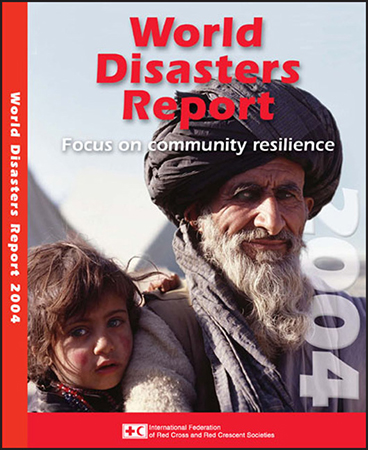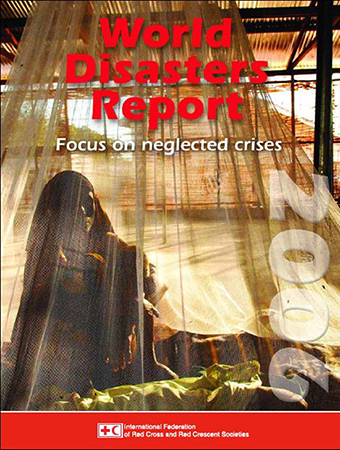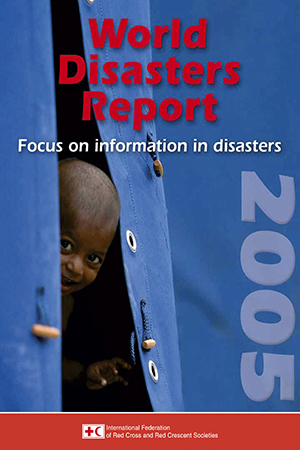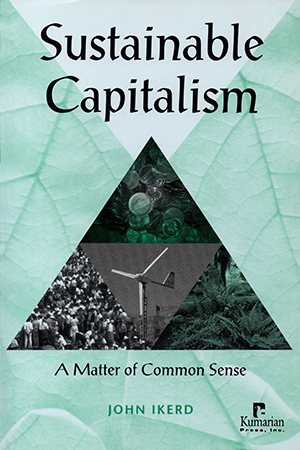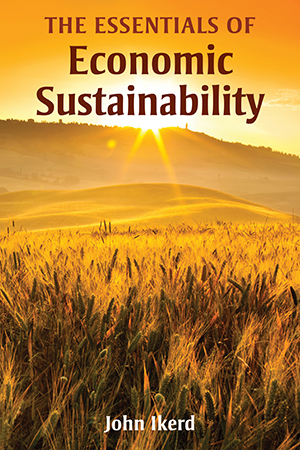BOOKS
What happens when a humanitarian crisis with political roots interacts with a humanitarian crisis induced by environmental disaster? That is the question at the core of Dual More >
This landmark study traces economic development, social dynamics, and political processes in Cuba from the end of Spanish colonial rule to the triumph of the 1959 revolution. Ibarra More >
Winner of the Andrew Price-Smith Book Award! Despite a century of advances in modern medicine, as well as the rapid development of Covid vaccines, the global pharmaceutical industry has More >
A woman abandons her newborn baby in a ditch. Soon discovered, the corpse arouses in the local peasants an intense desire to bring the killer to justice—and gives them the excuse to More >
In the hours and days after an earthquake or flood, most lives are saved by the courage and resourcefulness of friends and neighbors. During slow-onset crises such as drought, many More >
Which people are missing out on humanitarian aid because no journalists report on them, no donors are interested in them, no agencies have assessed their needs, or because their governments More >
John Ikerd's Sustainable Capitalism is both a penetrating critique of capitalism and a powerful argument for its vast and untapped potential for maximizing human welfare. More >
Though much has been written about the negative impacts of economic development on natural ecosystems and civil societies, few viable alternatives to the prevailing economic paradigms have More >
The Bamana people are known for their rich artistic traditions, including the creation of masks, statues, door locks, headdresses, and ritual and utilitarian objects: Their door locks are More >



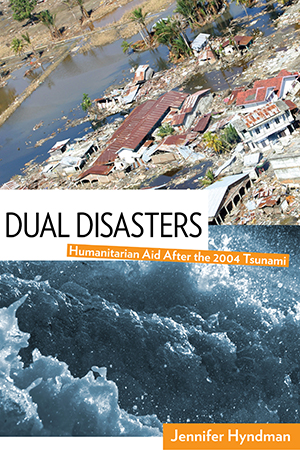

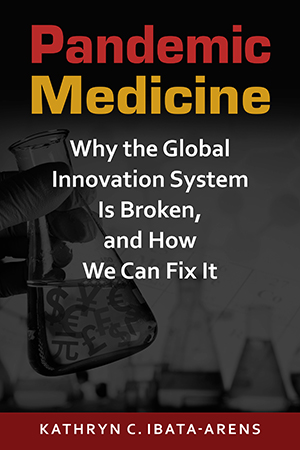
![The Sinners [a novel]](/uploads/66fda5beb3879.jpg)
